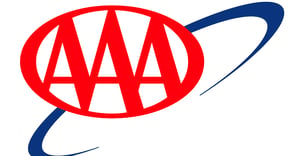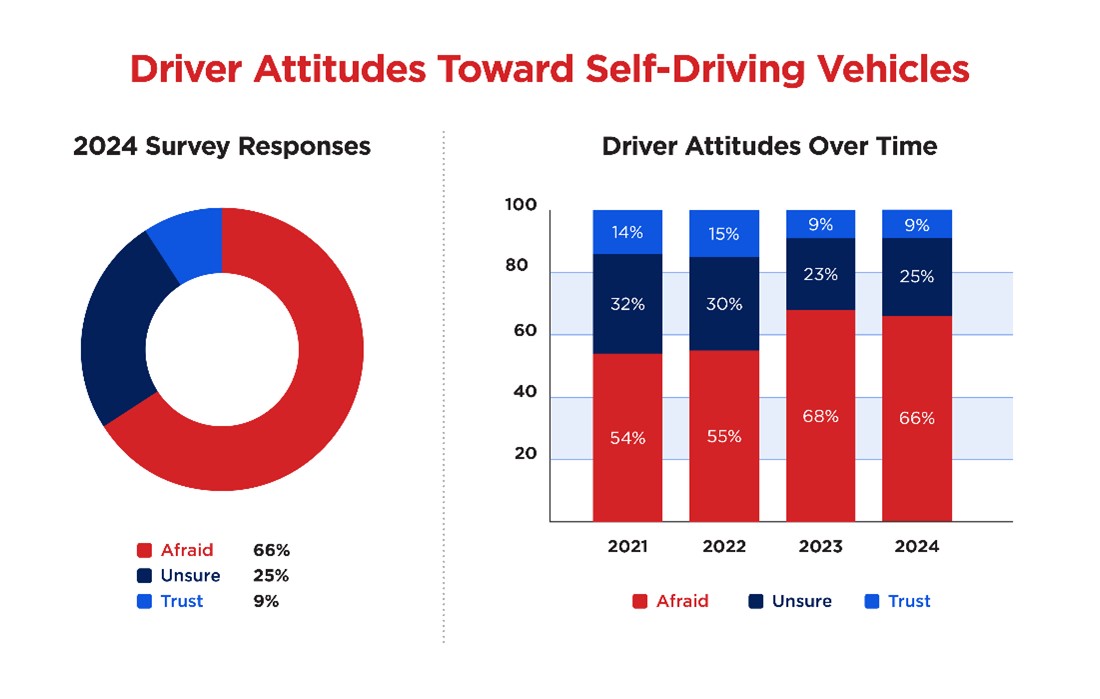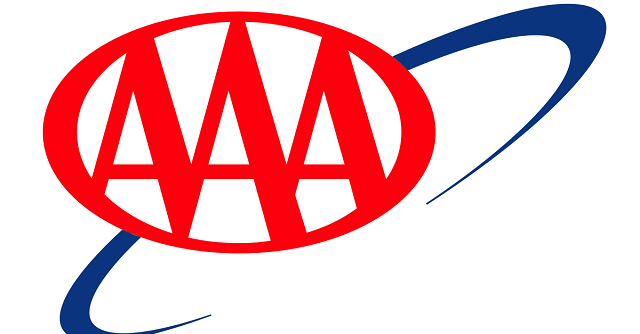
Recent incidents involving autonomous vehicles strike safety concerns among the public
DEARBORN, Mich., (March 28, 2024) — Most U.S. drivers are still either afraid or uneasy about the idea of fully self-driving vehicles. AAA just released its annual autonomous vehicle survey. It revealed that 66% of drivers expressed fear about fully self-driving vehicles, while 25% were uncertain. This sentiment has not decreased since spiking last year.
"The fears are mostly driven by numerous well-publicized incidents where drivers lost their lives in car crashes because they were led to believe their vehicle could drive itself,” said Adrienne Woodland, spokeswoman, AAA – The Auto Club Group. “While there’s no vehicle on the road today that can safely drive itself, there are vehicle technologies that can improve driver safety, as long as the driver remains fully engaged while behind the wheel.”
 |
Despite people’s fears of self-driving cars, interest in advanced driver assistance systems remains high. AAA's survey found that almost two-thirds of U.S. drivers would want Reverse Automatic Emergency Braking (65%), Automatic Emergency Braking (63%), or Lane Keeping Assistance (62%) on their next vehicle.
While these safety technologies have proven effective, they are not fool proof. Interestingly, most U.S. drivers also believe Automatic Emergency Braking (AEB) will stop the vehicle when another car, children, adult pedestrians, or bicyclists are in front of or behind the vehicle. However, recent AAA research found that Reverse AEB systems prevented a collision in only 1 of 40 test runs in the context of the backing-up scenarios involving a subject vehicle crossing behind the test vehicle and only 10 out of 20 test runs with the stationary child target behind the test vehicle.
AAA believes that to alleviate consumer concerns, ADAS performance should reflect reasonable and safe scenarios with a clear understanding of the limitations. Advanced vehicle safety technology should enhance driver awareness rather than give the impression of replacing a vigilant driver. When asked if there are cars available that drive themselves while you sleep - fully self-driving vehicles are not yet available for purchase by consumers - four in ten drivers are unsure or think they can buy a car that drives itself while they sleep, a significant safety concern of these technologies.
AAA Resources:
- ADAS Repair Costs: Fixing Advanced Vehicle Systems Makes Up Over One-Third of Repair Costs Following a Crash.
- AAA Approved ADAS Technicians: AAA Approved Auto Repair Shop Locator
- Clearing Up the Confusion: Provides naming and descriptions of ADAS in a consistent, easy-to-understand manner.
Methodology
The survey was conducted January 11-16, 2024, using a probability-based panel designed to be representative of the U.S. household population overall. The panel provides sample coverage of approximately 97% of the U.S. household population. Most surveys were completed online; consumers without Internet access were surveyed over the phone.
A total of 1,220 interviews were completed among U.S. adults, 18 years of age or older, of which 1,010 qualified for the study. The margin of error for the study overall is 4.1% at the 95% confidence level. Smaller subgroups have larger error margins.
About AAA - The Auto Club Group
The Auto Club Group (ACG) is the second largest AAA club in North America with more than 13 million members across 14 U.S. states, the province of Quebec and two U.S. territories. ACG and its affiliates provide members with roadside assistance, insurance products, banking and financial services, travel offerings and more. ACG belongs to the national AAA federation with more than 64 million members in the United States and Canada. AAA’s mission is to protect and advance freedom of mobility and improve traffic safety. For more information, get the AAA Mobile app, visit AAA.com, and follow us on Facebook, Twitter and LinkedIn.














